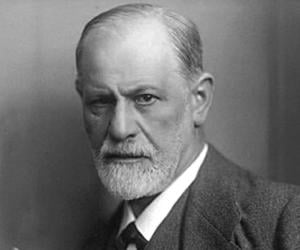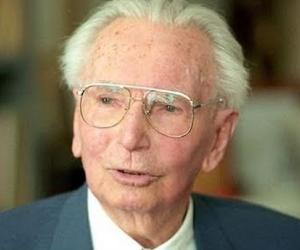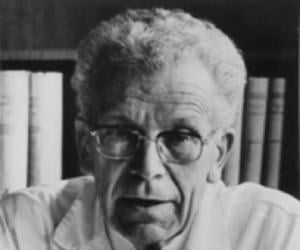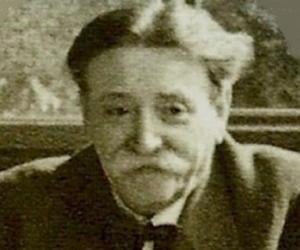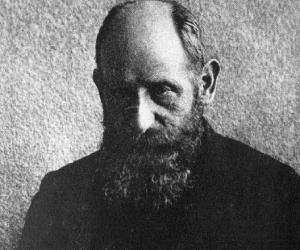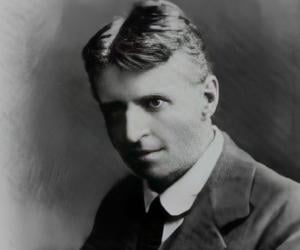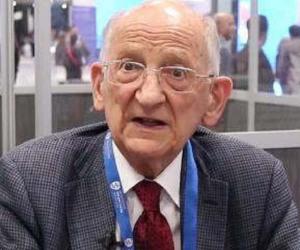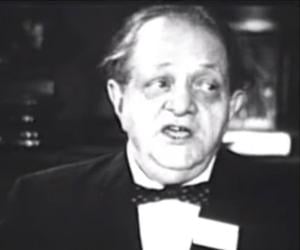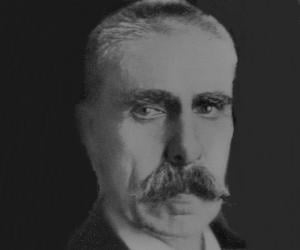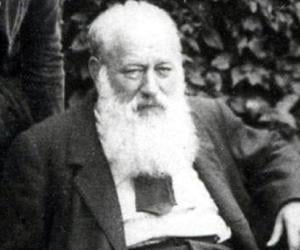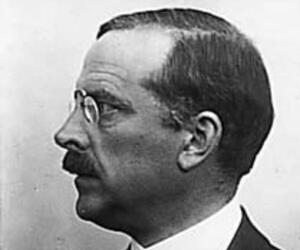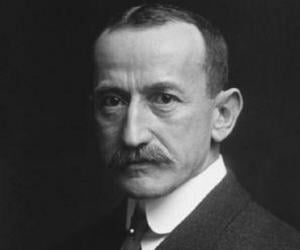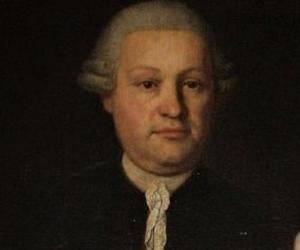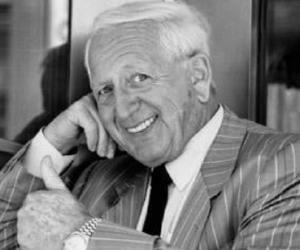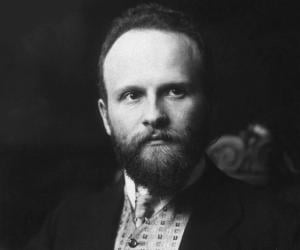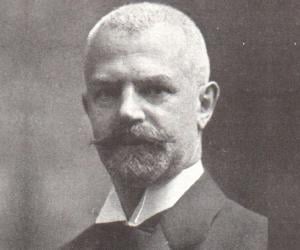1
Sigmund Freud
(Neurologist & the Founder of Psychoanalysis)
Birthdate: May 6, 1856
Sun Sign: Taurus
Birthplace: Příbor, Czechia
Died: September 23, 1939
Sigmund Freud was an Austrian neurologist who founded psychoanalysis, a method for evaluating and treating psychological pathologies. He developed therapeutic techniques such as free association and transference, emphasizing the Oedipus complex in psychoanalytical theory. Freud's work included analyzing dreams, formulating the unconscious, and defining psychic structure with id, ego, and super-ego. He proposed the concepts of libido and the death drive, in addition to critiquing religion and culture. Freud's influence on psychology, psychiatry, and psychotherapy continues to spark debate on its efficacy and scientific validity.
